Research
An agenda focused on practical ethics
I always seek to unite teaching and research with practice. I have tested theories and concepts of ethics and justice through extensive fieldwork in more than 40 countries.
My objective is to understand how to navigate ethical challenges with practical effectiveness and moral integrity.

Current research interests and fieldwork
Use of force
I had the privilege of being involved in several peacebuilding and war-reparation programs, including the Gulf War, the Israeli-Palestinian peace process, and the Ukrainian War, among others.
I am wary about the ‘use of force’ concept as a successful tool of policy. Still, the recent conflicts in Ukraine, Palestine or Sahel are forcing policymakers to ask questions:
- What moral compass help recognize right or wrong?
- How to stand on principles or accept moral trade-offs? (“How flexible is my moral code?”)
- How to distinguishing moral from nonmoral approaches?
- Does the end justify the means?
- Can the concept of ‘just’ war and the use of force help navigate through the modern wars?
Distributive justice and global poverty
How can we close the profound gulf that separates the world’s affluent from those who live in extreme poverty? In the face of conflict, how can the most vulnerable populations achieve economic justice?
To examine these ethical dilemmas, I have led extensive fieldwork in several conflict-affected zones, including Iraq, the Central African Republic, the West Bank/Gaza, the Democratic Republic of Congo, Syria, Somalia, Ukraine (Crimea), Pakistan (Khyber Pakhtunkhwa province), Lebanon, among others.
For instance, between 2005 and 2012, I advised the Palestinian Authority’s Negotiations Support Unit on how to set up a transitional justice framework for losses suffered by Palestinian refugees. Following that, I was a lead advisor in setting up the Recovery and Peacebuilding Plan in the Central African Republic, providing support to implement a coordinated approach in different areas such as justice, security, and governance.
Ethical leadership across cultures
I am interested in exploring the impact of different cultures on the use of ethical standards and values. For instance, which are the moral frameworks in play when we make decisions about climate change? Does this depend on whether you view it from a developed or developing country?
In many settings, we do not even notice when these questions arise. We assume that the relevant values are so widely shared and similarly interpreted that the answer should be obvious to everyone. Nevertheless, the values discussion is not trivial, and it comes down to the question of which moral lens to use for proposing bold climate change policies and dealing with the intergenerational issue.
Climate justice
In the face of great adversity, several questions have arisen: When confronted with global warming, might we reach an optimal decision in which all human beings may not be equal, rational, or perfectly governed? In other words, would a policy demanding significant sacrifices to the most vulnerable nations and the poorer citizens be profoundly unjust and violate fundamental rights? Is it fair for our generation to exploit the future by taking modest benefits while passing on potentially catastrophic costs? Or, instead of engaging in inaction or self-deception when the basic fabric of life on the planet is at stake, how do we wake up from this nightmare and demand more of our institutions (public and private), our leaders, and ourselves?
I address these questions, by combining the study of justice with a deep dive into climate policy, international diplomacy, and moral leadership. In past years, I have conducted research and fieldwork on climate justice and the just transition. For instance, for the United Nations, I have pioneered a modern climate justice program for environmental damage resulting from oil well fires and the discharge of oil into the sea in the aftermath of the Gulf War.
Business ethics, fairness and efficiency in markets
How should goods such as income, wealth, power, and opportunities be distributed? What social, economic, and political institutions (e.g. the market, private property, the welfare state) are needed to achieve a just distribution and fair access to markets?
I have carried out wide-ranging fieldwork to collect data on social exclusion in developing countries. This helps improve the lives of vulnerable populations by designing, testing, and enabling better policy.
For instance, in Tunisia, I led a research team of 40+ surveyors to gather empirical evidence on the nature of financial exclusion. This research informed the creation of a set of financial inclusion policies.
Highlight on selected publications
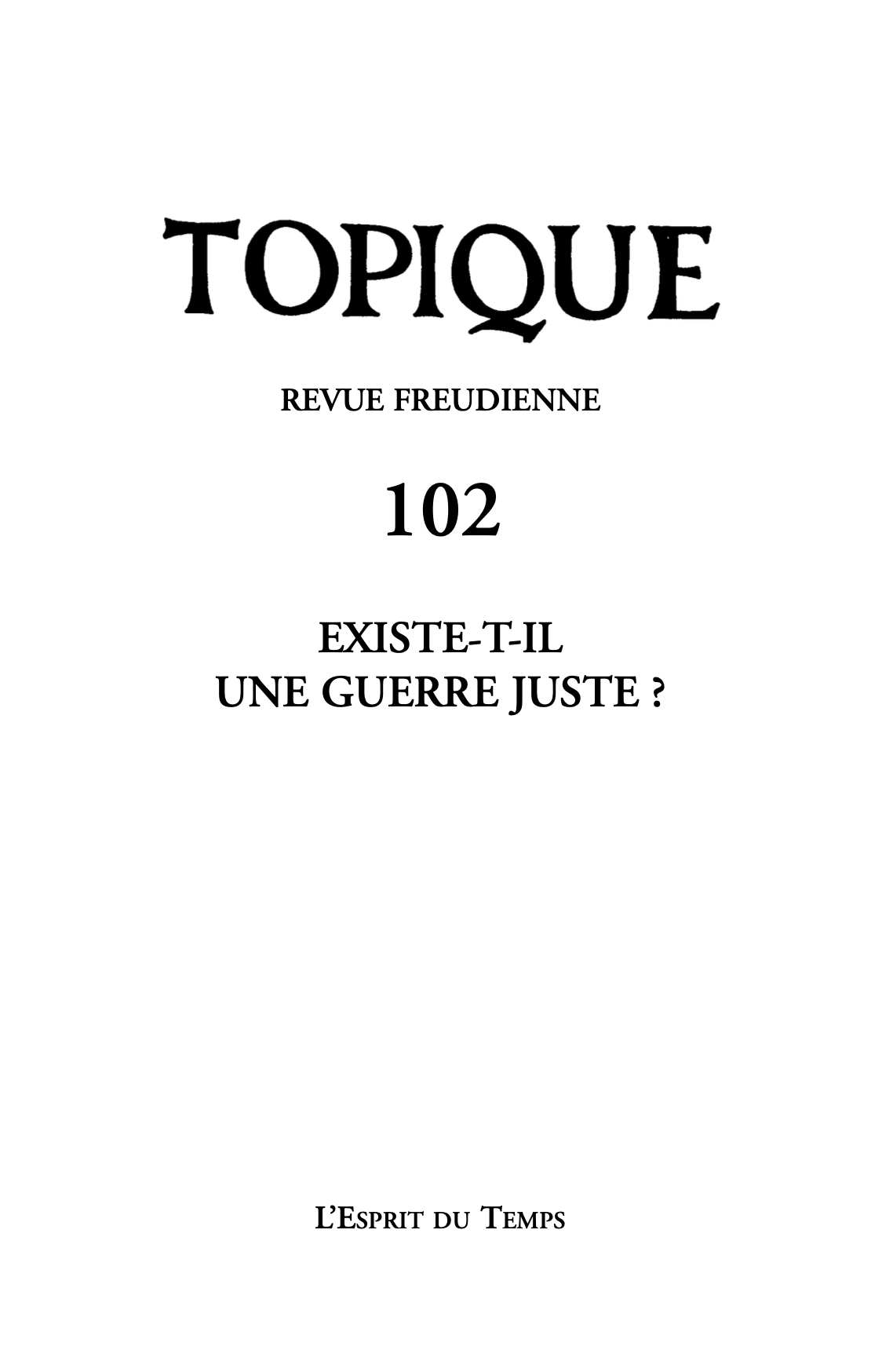
Dédommagement, Réparation, Restitution: Instruments de « Vérité »
(Compensation, Reparation, restitution: Instrument of Equity)’, in Existe-t-il une guerre juste?. Revue Topique, L’Esprit du Temps Editeur, Paris, 2008 (ISBN: 978 2 84795 139 4)
Read more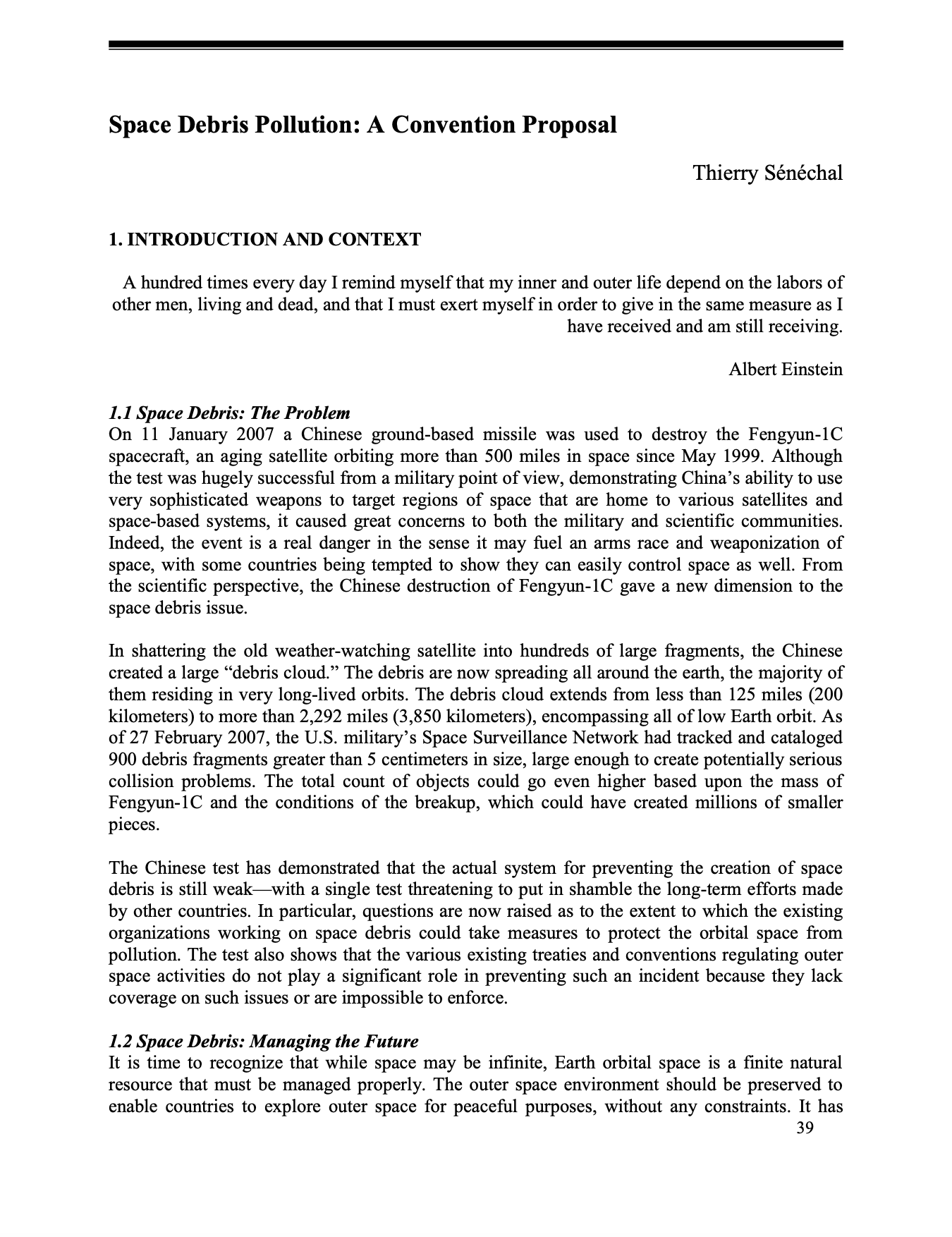
Space Debris Pollution: A Convention Proposal
Paper in Moomaw, W. R., and Susskind, L. E. (eds) Papers on International Environmental Negotiation Series, Harvard Law School, PON Books Cambridge, 2007
Read more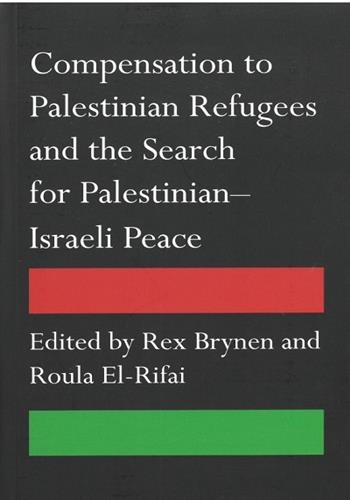
The Value of 1948 Palestinian Refugee Material Damages: An Estimate Based on International Standards
(with Hilal, L.), in El-Rifai, R. and Brynen R. (eds.) Compensation to Palestinian Refugees and the Search for Palestinian-Israeli Peace. Pluto Press, London, 2013 (ISBN: 978-07-4533-337-3)
Read more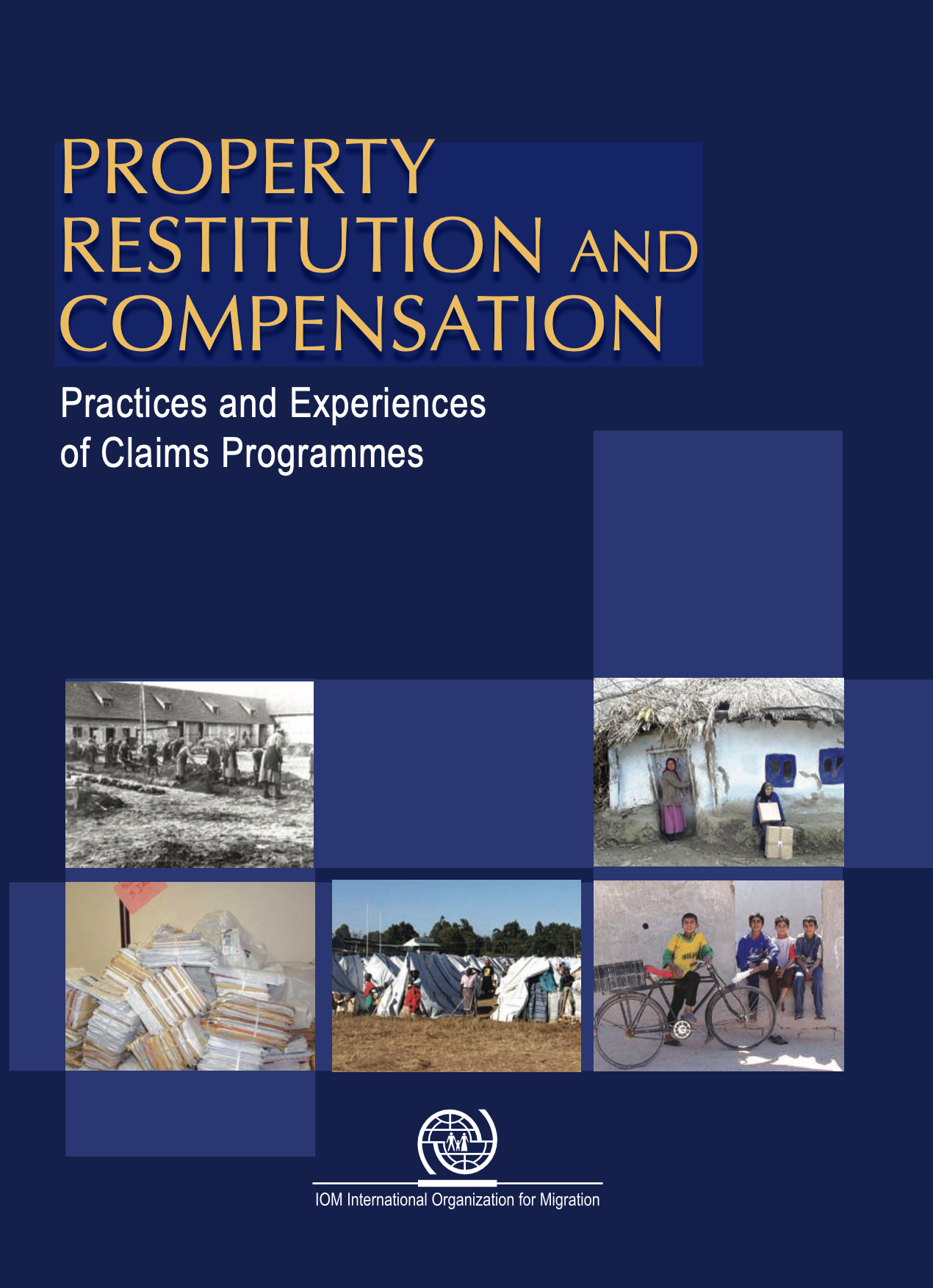
Property Restitution and Compensation: Practices and Experiences of Claims Programmes
Paper in Wühler, N. and Niebergall, H. (eds) (with Senechal, T. as Contributor), International Organization for Migration, Geneva, 2008 (ISBN: 978-92-9068-450-3)
Read moreSelected keynote speaker engagements

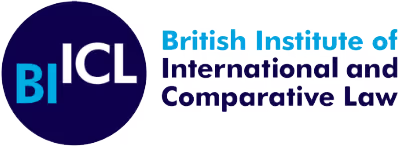











 All content of this website is © Thierry Senechal. All rights reserved.
All content of this website is © Thierry Senechal. All rights reserved.